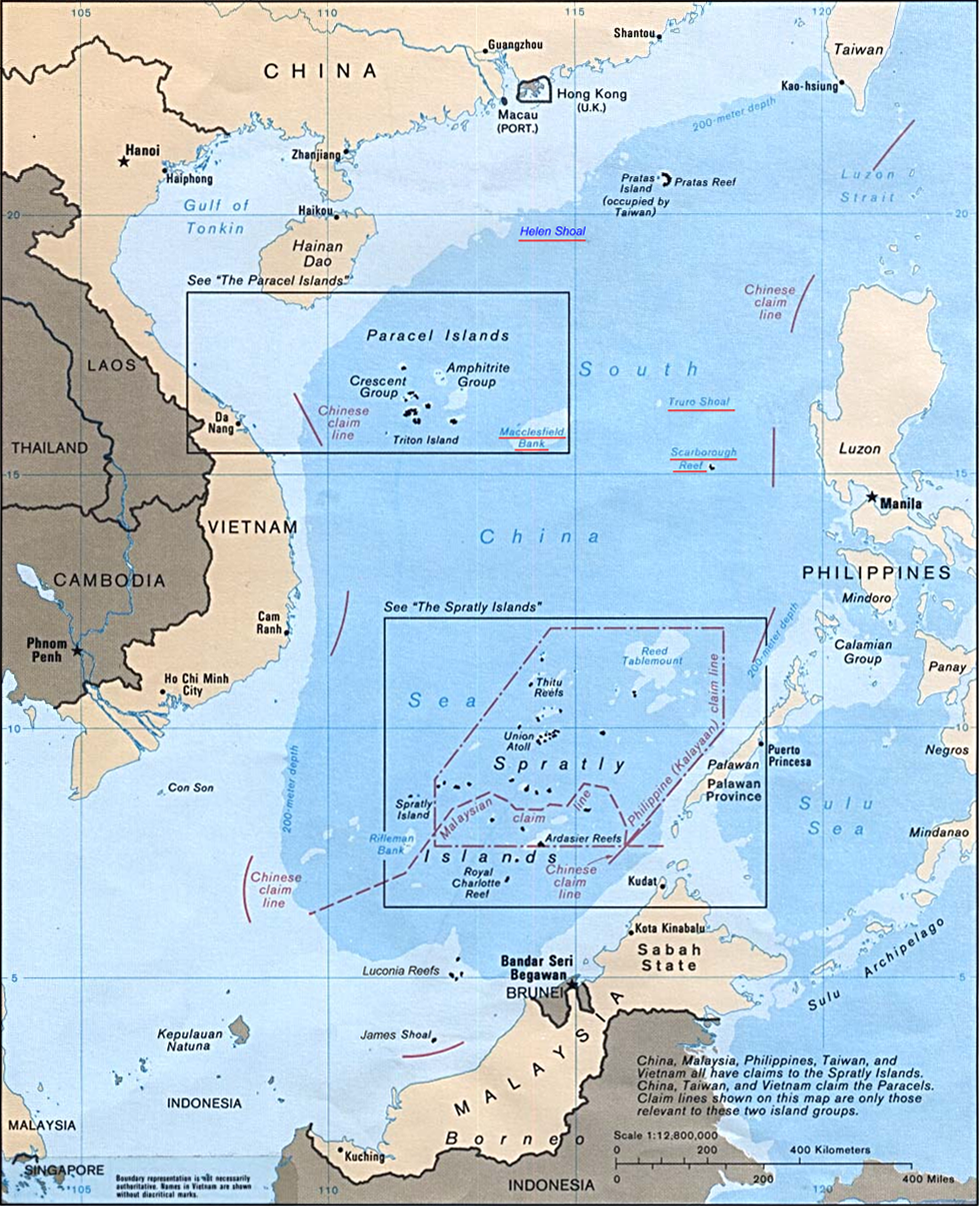China-US Energy Geopolitics: The Battle for Oil in the South China Sea

A new area of potential confrontation is developing between China and the U.S. According to reports, Exxon Mobil which has acquired exploration and production rights from Vietnam has discovered substantial gas reserves in the South China Sea off the coast of North Vietnam.
“U.S. oil company ExxonMobil is reporting a “potentially significant” gas discovery off the coast of Vietnam, stating in a press release, “We can confirm ExxonMobil Exploration and Production Vietnam Limited drilled its second exploration well offshore Danang in August 2011 and encountered hydrocarbons.” (See John C.K. Daly, Apocalypse Redux? U.S. Natural Gas Find off Vietnam Could Raise Tensions with China, http://oilprice.com )

It is important to note that these off-shore reserves are located between the North Vietnam coastline and China’s Hainan island in an area of disputed jurisdiction between Vietnam and China. (see map above) The contested area is made up of blocks 117, 118 and 119, which according to Hanoi fall within the 200-mile exclusive economic zone under international maritime law (Ibid)
On October 31, following the ExxonMobil discovery announcement, China responded by warning foreign companies not to meddle “in areas also claimed by China.” ( China again warns foreign oil firms on South China Sea exploration | Reuters, October 31, 2011)
“We hope foreign companies do not get involved in disputed waters for oil and gas exploration and development. This position has been consistent,” Hong said, when asked whether China plans to ask Exxon Mobil to withdraw from its oil and gas deal with Vietnam.
He did not elaborate, nor single out Exxon Mobil by name.
Exxon Mobil has a licence from the Vietnamese government to explore blocks 117, 118 and 119 off the Danang coast, falling within what Vietnam claims is its 200-mile exclusive economic zone under international maritime law, the Financial Times reported last week.
But the blocks also fall within China’s vast claim to almost the entire South China Sea, also claimed in part by Brunei, Malaysia, the Philippines and Taiwan.
The sea and areas such as the Spratly Islands and other atolls are believed to have rich deposits of oil and gas and is also a rich fishing ground.
One of China’s most popular newspapers, the Global Times, cautioned last week that nations involved in territorial disputes in the waters should “mentally prepare for the sounds of cannons” if they remain at loggerheads with Beijing. ExxonMobil finds significant gas off Vietnam » Energy Delta Institute, October 27, 2011)
The conflict is not between Vietnam and China. Vietnam is a junior partner. The Hanoi government is serving Western oil interests against those of China.
It is important to view the confrontation between US and Chinese oil and gas interests in the broader geopolitical context.
The potential clash between Washington and Beijing in the south China sea is intimately related to the broader battle for oil waged in the Middle East-Central Asian chessboard, where China has significant interests in oil, natural gas as well as pipeline routes.
The South China sea is an area of potential military confrontation. The South China sea is in the area of deployment of the Seventh Fleet, which, in a bitter irony played a central role during the Vietnam war.
In the wake of the Vietnam war, Vietnam has become a de facto proxy State controlled by Western and Japanese corporate interests
In July, the US Navy together with Japan and Australia conducted major military exercises in the South China sea in maritime areas contiguous to the contested offshore oil and gas exploration concessions. These drills were followed by joint naval exercises between the US and Vietnam in August, which were were seen by Beijing as constituting a veiled threat to China.

